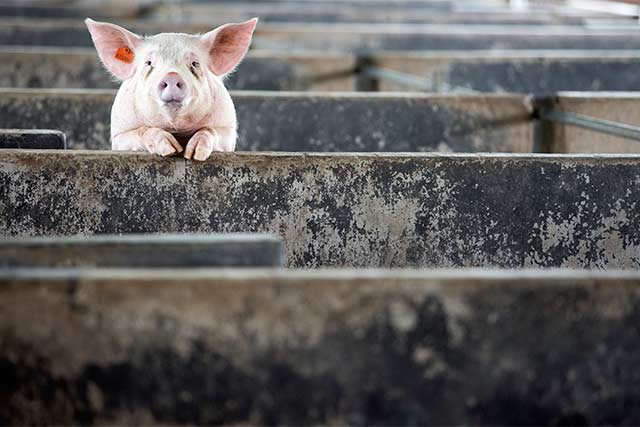Humans Present Greater Risk for Transmission of Avian Flu than do Pigs

An Associate Professor with the Western College of Veterinary Medicine says humans present the greater risk of transmitting avian influenza than do pigs
Last week the provincial government reported that a highly pathogenic avian influenza has been confirmed in a commercial poultry flock and in a backyard flock in Saskatchewan.
Dr. Susan Detmer, an Associate Professor with the Western College of Veterinary Medicine, says people have been asked to restrict movements of birds including pet birds and falcons and to not take birds to shows to reduce the risk that they could pick up, transmit and spread the virus.
“There have been a limited number of cases where avian influenza has gone into pigs but we have very good biosecurity measures on hog farms in Canada“
“A lot of people are concerned about pigs.
“There have been a limited number of cases where avian influenza has gone into pigs but we have very good biosecurity measures on hog farms in Canada and the United States and, if we keep those measures up, we know that we don’t have to be too concerned because of the way that pigs actually get avian influenza.
“The receptors are only in the lower respiratory tract and it’s the same case for humans so the chance of it getting in there is very limited.
“About 20 years ago pigs were defamed as a potential mixing vessel for avian flu to turn it into some virus that would get into humans.
“It’s important to note that humans and pigs have the same receptors in the same locations throughout their respiratory tract and pigs do not usually come into contact with birds but humans do.”
Dr. Detmer suggests we need to be more concerned about whether or not the humans are protected properly and preventing zoonotic transmission in those cases.











